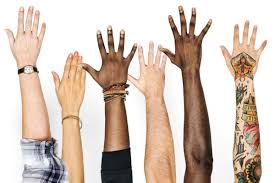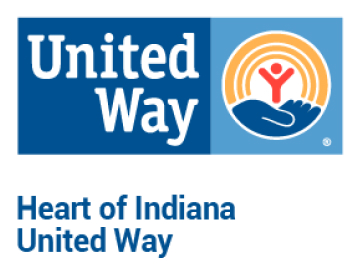
Equity Challenge Microaggressions
Now that we are more knowledgeable about implicit biases and motivations behind why we may act the way we do, it is time to acknowledge different ways that these feelings manifest. One of the primary forms is microaggressions, which is what we’ll be covering today. We hope that with increased awareness of microaggressions, we can take the next steps of minimizing their presence.
Articles
Microaggressions in the Workplace (2 Minute Read)
- Read this article to learn about seven types of microaggressions that are common in the workplace in order to make sure that you are correcting yourself and others going forward.
Common Microaggressions American Indian People Face
- In response to being left out of the conversation on microaggressions the author, a member of Cherokee nation, shares the top ten microaggressions he’s personally experienced.

Podcast
Microaggressions Are A Big Deal: How To Talk Them Out and When To Walk Away (21 Minutes)
- Listen to this podcast to hear Kevin Nadal, a professor of psychology at John Jay College of Criminal Justice, describe how to discuss microaggressions.
Videos
How Microagressions are Like Mosquito Bites (1:56)
- Excerpt from YouTube Description: For people who don’t think microagressions are a problem, imagine they are like mosquito bites.
No. You Cannot Touch My Hair! (16:02)
- Excerpt from YouTube Description: “My seven-year-old self learnt to tell people what I thought they wanted to hear. By the age of eight I’d convinced the other kids that my hair was made of sponge… because being black it couldn’t be made of ‘hair’.” Through her own personal story and the hair-raising experiences of other women and girls, Mena Fombo’s TEDxBristol talk is a witty, yet compelling and sometimes dark exploration of the objectification of black women. It’s an issue she has spent a lifetime experiencing and exploring, with both a political and creative lens.

